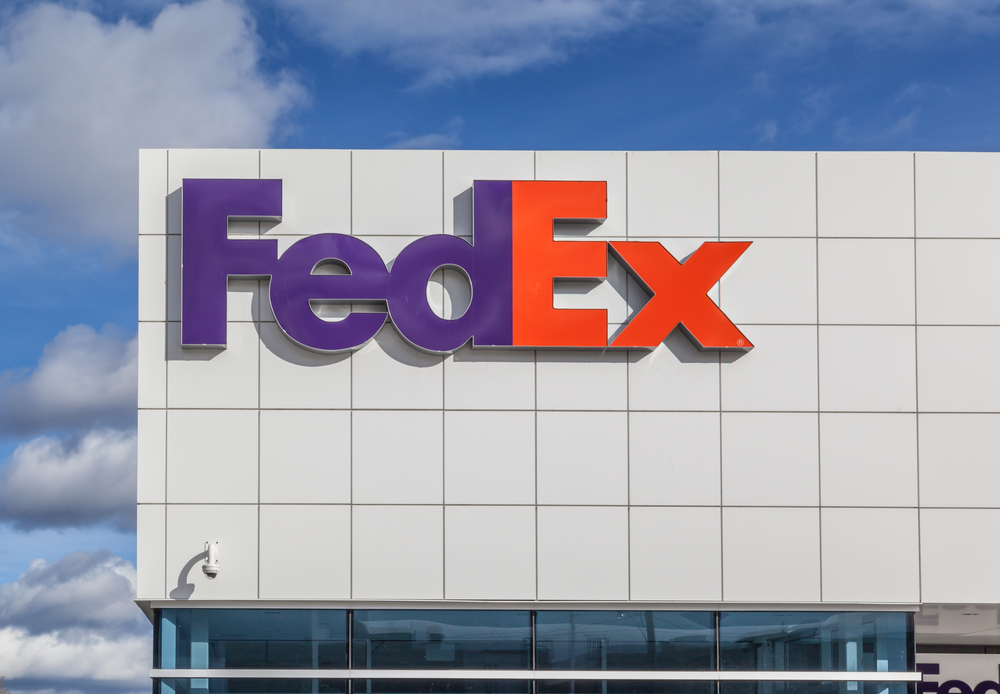Tariffs and Industrial Slowdown Weigh on Outlook
FedEx (FDX.N) shares fell 11% on Friday after the company slashed its annual forecasts, raising concerns about the health of U.S. manufacturing. The decline follows CEO Raj Subramaniam’s warning that FedEx is facing a challenging operating environment and that industrial sector weakness is cutting into higher-margin business-to-business shipments.
The stock hit its lowest level in nearly two years, while rivals UPS (UPS.N) and DHL (DHLn.DE) also saw declines of 0.4% and 2.5%, respectively. Analysts fear the impact of President Donald Trump’s tariff policies could further weaken demand in the transportation and logistics sector.
Impact of Tariffs and Trade Uncertainty
Trump’s on-and-off import tariffs have created widespread uncertainty, forcing businesses to scale back spending. Economists warn that the policies could trigger a recession and further disrupt supply chains, hitting logistics and delivery services particularly hard.
FedEx, which serves as a barometer for global trade, relies on shipments from manufacturers and industrial producers to generate high-margin deliveries. The increasing shift toward low-margin e-commerce shipments from platforms like Temu and Shein is further squeezing profitability.
Analyst Reactions and Forecast Cuts
Morgan Stanley noted that FedEx’s disappointing results would deepen concerns about structural pressures in the parcel delivery business. “Management cited macroeconomic challenges, but structural headwinds are a much bigger issue than the market realizes,” the firm added.
FedEx revised its fiscal 2025 adjusted earnings per share forecast to between $18.00 and $18.60, down from its previous range of $19 to $20. Analysts had expected a downward revision, but the scale of the cut was larger than anticipated.
Market Response and Industry Implications
The unexpected magnitude of FedEx’s forecast cut has led at least 10 brokerages to lower their price targets on the stock. Evercore ISI noted that the revision underscored deeper challenges facing the company, beyond temporary economic volatility.
With U.S. manufacturing activity slowing and tariff-related uncertainty continuing, FedEx and its competitors are likely to face ongoing headwinds in the coming quarters.







